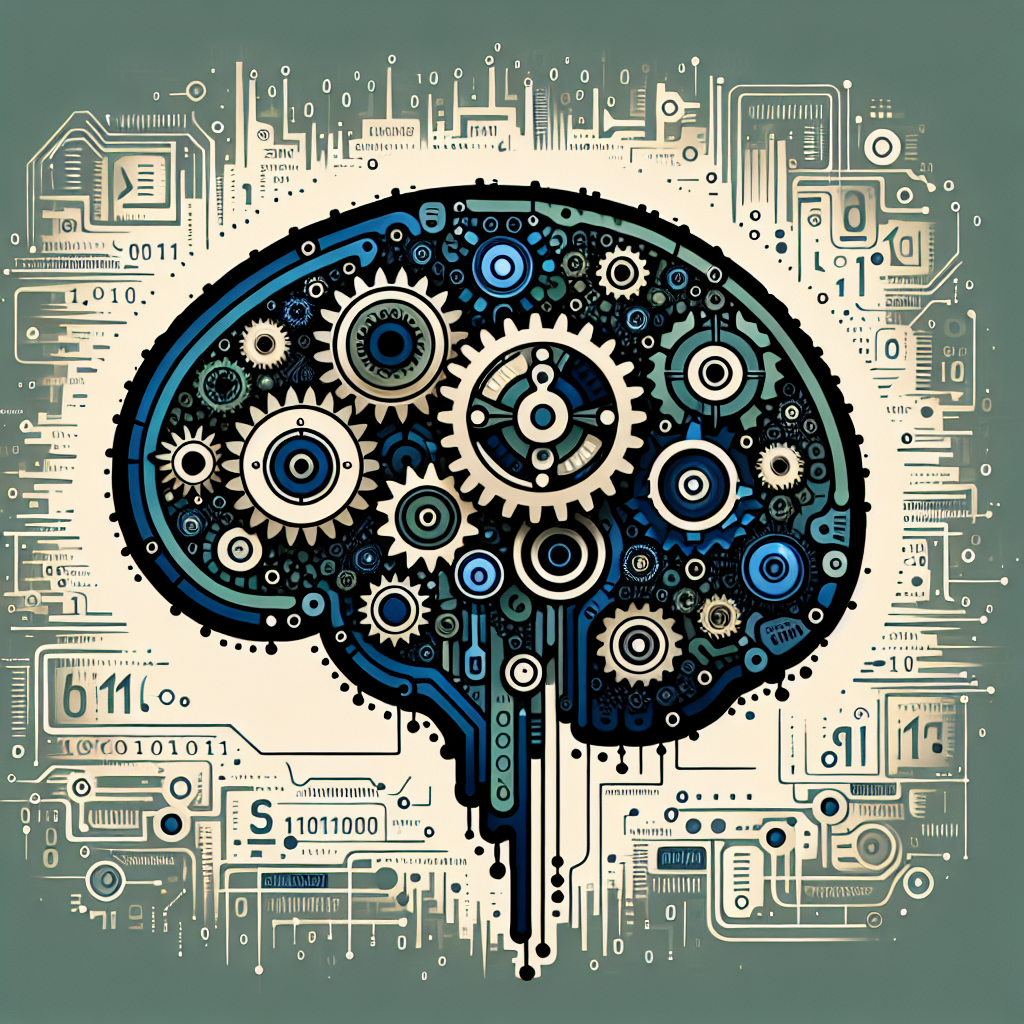Artificial General Intelligence (AGI) has been a concept that has fascinated scientists, tech enthusiasts, and the general public for decades. It represents the next step in the evolution of artificial intelligence, where machines are not only capable of performing specific tasks but can also learn, adapt, and think like a human being. AGI has the potential to revolutionize the world of technology and change the way we live, work, and interact with machines.
What is AGI?
AGI is a form of artificial intelligence that is designed to replicate the cognitive abilities of the human brain. Unlike narrow AI, which is designed to perform specific tasks, AGI is meant to be a more general intelligence that can learn, reason, and solve problems across a wide range of domains. AGI aims to achieve human-level intelligence and beyond, with the ability to think creatively, make decisions, and understand complex concepts.
The development of AGI has been a long-standing goal in the field of artificial intelligence, with researchers and scientists working tirelessly to create machines that can truly think and reason like humans. While we have made significant strides in AI technology in recent years, achieving AGI remains a monumental challenge that requires breakthroughs in machine learning, cognitive science, and neuroscience.
How AGI Works
AGI is built on a foundation of machine learning algorithms, neural networks, and deep learning techniques that enable machines to learn from data, recognize patterns, and make predictions. These algorithms are trained on vast amounts of data, which allows the machine to develop a model of the world and make sense of complex information.
One of the key components of AGI is its ability to adapt and learn from new experiences. Unlike traditional AI systems that are programmed to perform specific tasks, AGI can learn from its interactions with the environment, make decisions based on feedback, and improve its performance over time. This ability to learn and adapt is what sets AGI apart from other forms of artificial intelligence and makes it more akin to human intelligence.
Applications of AGI
The potential applications of AGI are vast and varied, with the technology poised to revolutionize industries such as healthcare, finance, transportation, and entertainment. In healthcare, AGI could be used to analyze medical images, diagnose diseases, and recommend personalized treatment plans. In finance, AGI could be utilized to predict market trends, manage investments, and optimize trading strategies. In transportation, AGI could be used to improve autonomous vehicles, optimize traffic flow, and enhance navigation systems.
AGI also has the potential to transform the way we interact with technology, with the ability to create virtual assistants, chatbots, and intelligent agents that can understand natural language, engage in conversation, and perform tasks on behalf of users. These intelligent systems could revolutionize customer service, personal productivity, and entertainment experiences, providing users with personalized, seamless, and intuitive interactions.
Challenges and Concerns
Despite the promise of AGI, there are also significant challenges and concerns that need to be addressed before the technology can be fully realized. One of the biggest challenges is ensuring the safety and reliability of AGI systems, as they have the potential to make decisions that could have far-reaching consequences. Ensuring that AGI systems are ethical, transparent, and aligned with human values is crucial to prevent unintended harms and ensure that the technology is used for the benefit of society.
Another challenge is the potential impact of AGI on the workforce, as the technology has the potential to automate a wide range of tasks and jobs. While AGI could create new opportunities for innovation and economic growth, it could also lead to job displacement and inequality if not managed properly. Ensuring that the benefits of AGI are shared equitably and that workers are reskilled and retrained for new roles will be essential to ensure a smooth transition to a more automated future.
FAQs
Q: Will AGI replace human workers?
A: While AGI has the potential to automate a wide range of tasks and jobs, it is unlikely to completely replace human workers. Instead, AGI is more likely to augment human capabilities, allowing us to work more efficiently, creatively, and collaboratively.
Q: How close are we to achieving AGI?
A: While significant progress has been made in the field of artificial intelligence, achieving AGI remains a distant goal. Researchers are still working on overcoming key challenges in machine learning, cognition, and reasoning to create machines that can truly think and reason like humans.
Q: What are the ethical implications of AGI?
A: The development of AGI raises important ethical questions around privacy, security, bias, and accountability. Ensuring that AGI systems are designed and used in a responsible and ethical manner will be crucial to prevent unintended harms and ensure that the technology benefits society as a whole.
Q: How can I learn more about AGI?
A: There are a wide range of resources available online, including books, articles, courses, and conferences, that can help you learn more about AGI and stay up-to-date on the latest developments in the field. Engaging with the AI community and participating in discussions and events can also help you deepen your understanding of AGI and its potential impact on the world of technology.
In conclusion, AGI represents a groundbreaking advancement in the field of artificial intelligence, with the potential to transform industries, revolutionize technology, and change the way we live and work. While there are challenges and concerns that need to be addressed, the promise of AGI is too great to ignore, with the technology poised to be the ultimate game-changer in the world of technology. By working together to ensure that AGI is developed and used responsibly, ethically, and equitably, we can harness the power of artificial intelligence to create a brighter, more intelligent future for all.

